Iván Carrillo (CDMX, 1970). Journalist, editor and TV host specialized in science, health and the environment. He is co-founder and co-director of Historias sin Fronteras and En Común (podcast). He is a member of the 2016-17 generation of the Knight Science Journalism Fellowship del MIT and is part of the National Geographic Society's global community of Explorers. As well, Ivan is the general editor of the Tec Review platform specialized in science, innovation and entrepreneurship and is the head of the Ibero-American Scientific and Cultural News (NCC) that is broadcast in 20 countries and three languages. Recently he launched the Aquatic Atlas program on YouTube dedicated to the conservation of the oceans. He has collaborated with the most important national media and his reports in Natgeo (LA) and Newsweek en Español have been recognized with the most outstanding awards in Mexico.
S. Lynne Walker is the president and executive director of InquireFirst and co-founder of Historias sin Fronteras, which was established in 2019 to provide reporting grants to science, health and environment writers in Latin America.
Lynne is a Pulitzer Prize finalist who spent much of her career reporting from Mexico, where she served as Mexico City Bureau Chief from 1992 to 2008 for San Diego, Calif.-based Copley News Service.
Her four-part series on a small Illinois town transformed by immigration, “Beardstown: Reflection of a Changing America,” was a finalist for the 2004 Pulitzer Prize in National Reporting. She was awarded the Maria Moors Cabot Prize from Columbia University Graduate School of Journalism in 2005 for her outstanding coverage of Latin America.
As executive director of InquireFirst, which she founded in 2016, Lynne continues to travel to Latin America to work with colleagues on new ways to produce in-depth reporting on science, health and the environment and conduct investigative reporting. She has instructed Spanish-language journalism workshops in Mexico, Guatemala, Honduras, Nicaragua, Costa Rica, Colombia, Paraguay, Bolivia, Argentina and Ecuador.
Lynne also launched Bajo la Lupa, a grant program to support investigative reporting in Latin America and she is the co-founder of En Común: Conocimiento en Voz Viva, a Spanish-language radio program that reports on science, health and the environment for rural and indigenous audiences in Mexico.
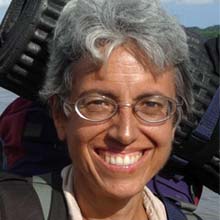
Barbara Fraser
Barbara Fraser is a freelance journalist based in Peru, writing mainly on environmental, public health and Indigenous issues in Latin America. Her work has appeared in Science, Nature, National Geographic, EcoAmericas, The Lancet and other publications.
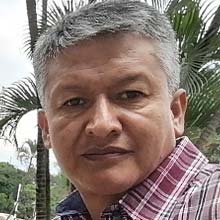
Luis Alberto Guevara
Luis Alberto Guevara López has been a social communicator for 27 years. He worked as a journalist for the newspaper Correo del Sur de Sucre in Bolivia, where he was editor of the local section and now works as a journalist. His work has focused on the issues of public security, education, health, the environment and politics.
For the last three years, he has worked as a radio broadcaster on Correo del Sur Radio with a news program broadcast Monday through Friday.
He is the author of two books: El Dicharachero culpineño, which tells the oral tradition of his hometown, Culpina, and Revolución en los Cintis 1810-1820, which narrates events of the Bolivian War of Independence in Cintis, a province in the department of Chuquisaca.
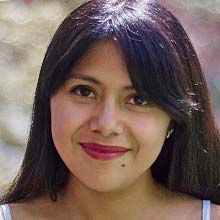
Michelle Morelos
Michelle Morelos is an independent science journalist whose work has been published in media such as El Economista de México, Radio Educación, TV UNAM, Animal Político and Revista ¿Cómo ves?, Salud con lupa, UnbiasTheNews and El Comercio de Ecuador. She studied communication sciences at the National Autonomous University of Mexico (UNAM) and is a postgraduate candidate in Sustainability Sciences (Faculty of Sciences, UNAM).
She has been awarded several scholarships and prizes such as the second place in the Second International Exhibition of Scientific Audiovisuals in Mexico. She was liaison coordinator of the Fund for Communication and Environmental Education (FCEA) and professor of Environmental Journalism at the Escuela Nacional de Estudios Superiores Unidad Mérida. Her research has focused on the strengthening of social participation and integrated water management.
She worked for the National Council for Science and Technology (Conacyt) and is the co-editor of the book, "Por la soberanía del agua, conversatorios.” She is a founding member of the Mexican Network of Science Journalists (RedMPC), member of the technical team of the Unified Information System on Watersheds and Water in Mexico (SIUCAM) and coordinator of the Zacatecas chapter of RedMPC.
- PHOTOS:
- Carlos Alberto Rodríguez / BOLIVIA
- Yda Ponce / PERU
- Michelle Morelos / MEXICO
- TRANSLATION:
- Jessica X. Valenzuela / Translation to English
- Jerusa Rodrigues / Translation to Portuguese
- WEB DESIGN:
- Miguel Ángel Garnica
- INFOGRAPHIC:
- Fermín García-Fabila
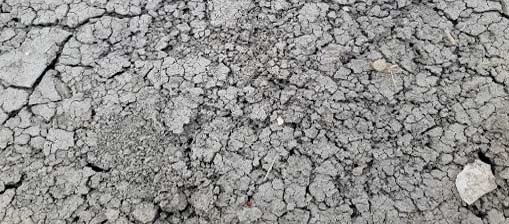
The toxic paradox of ‘green’ energy
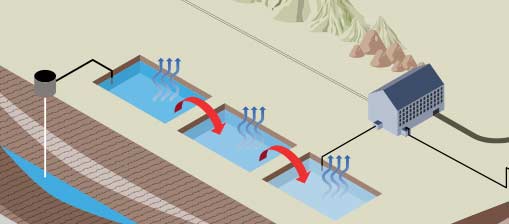
By salting or by hard rock mining.
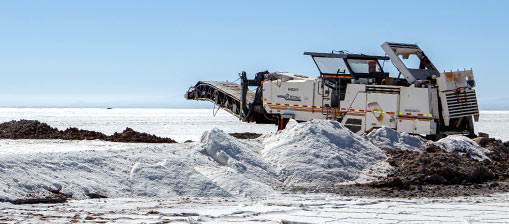
Lithium in Bolivia: a treasure impossible to unearth?
In Bolivia, after 15 years of talking about lithium, there is little production and no industrialization.
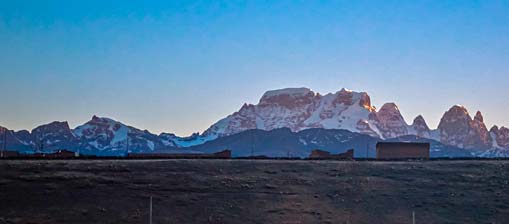
In Peru, more questions than answers about lithium
Peru is still on the sidelines, though. Its lithium is in rock formations that also contain uranium. A company has held concessions in the area for nearly two decades, but so far mining is still in the study phase.
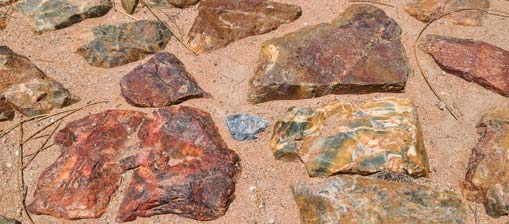
Lithium in Mexico: between the promise of development and the reality of environmental damage
The Mexican government's interest in exploiting lithium and the arrival of companies like Tesla could create sacrifice zones in the north central region of the country.





